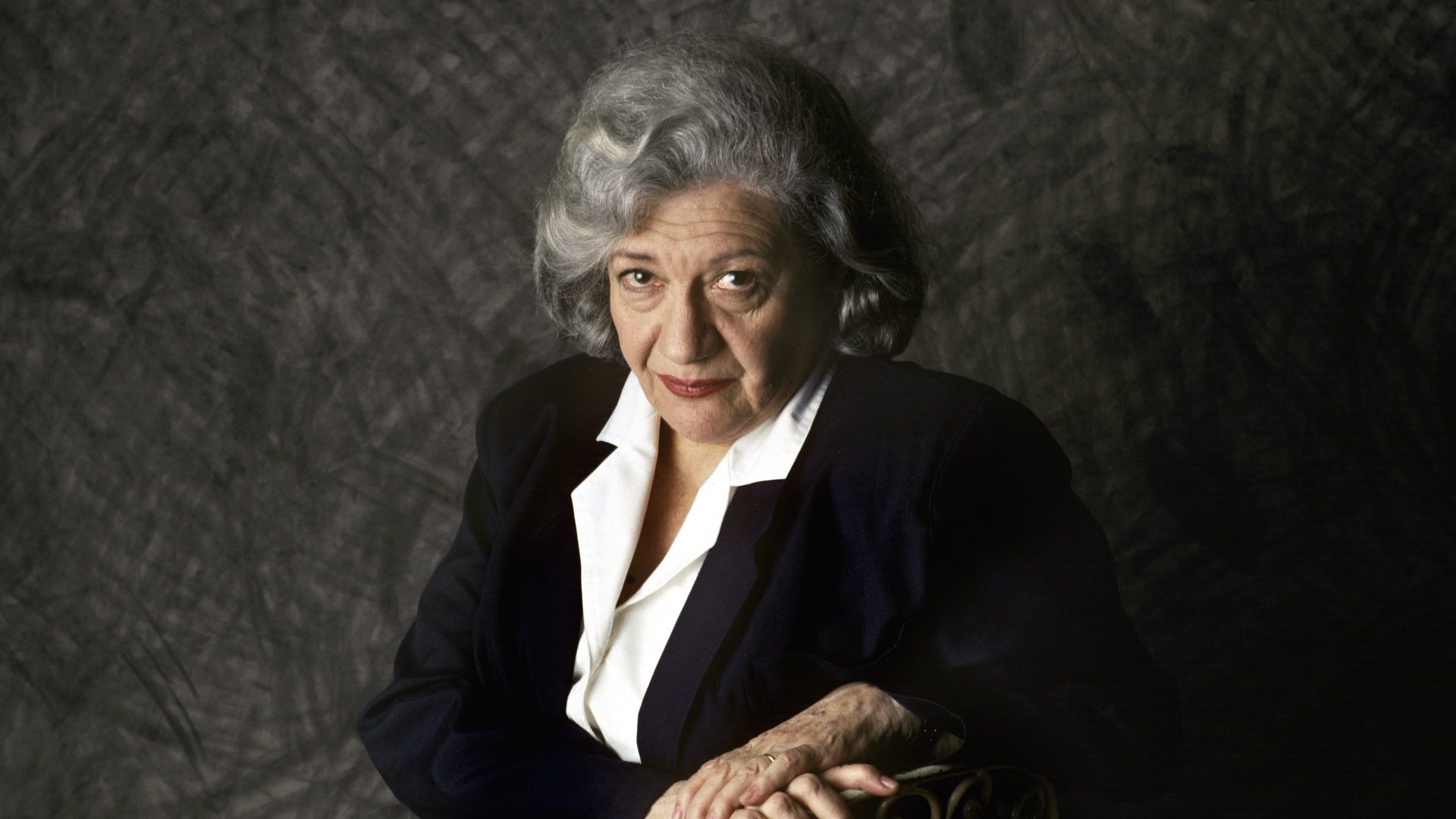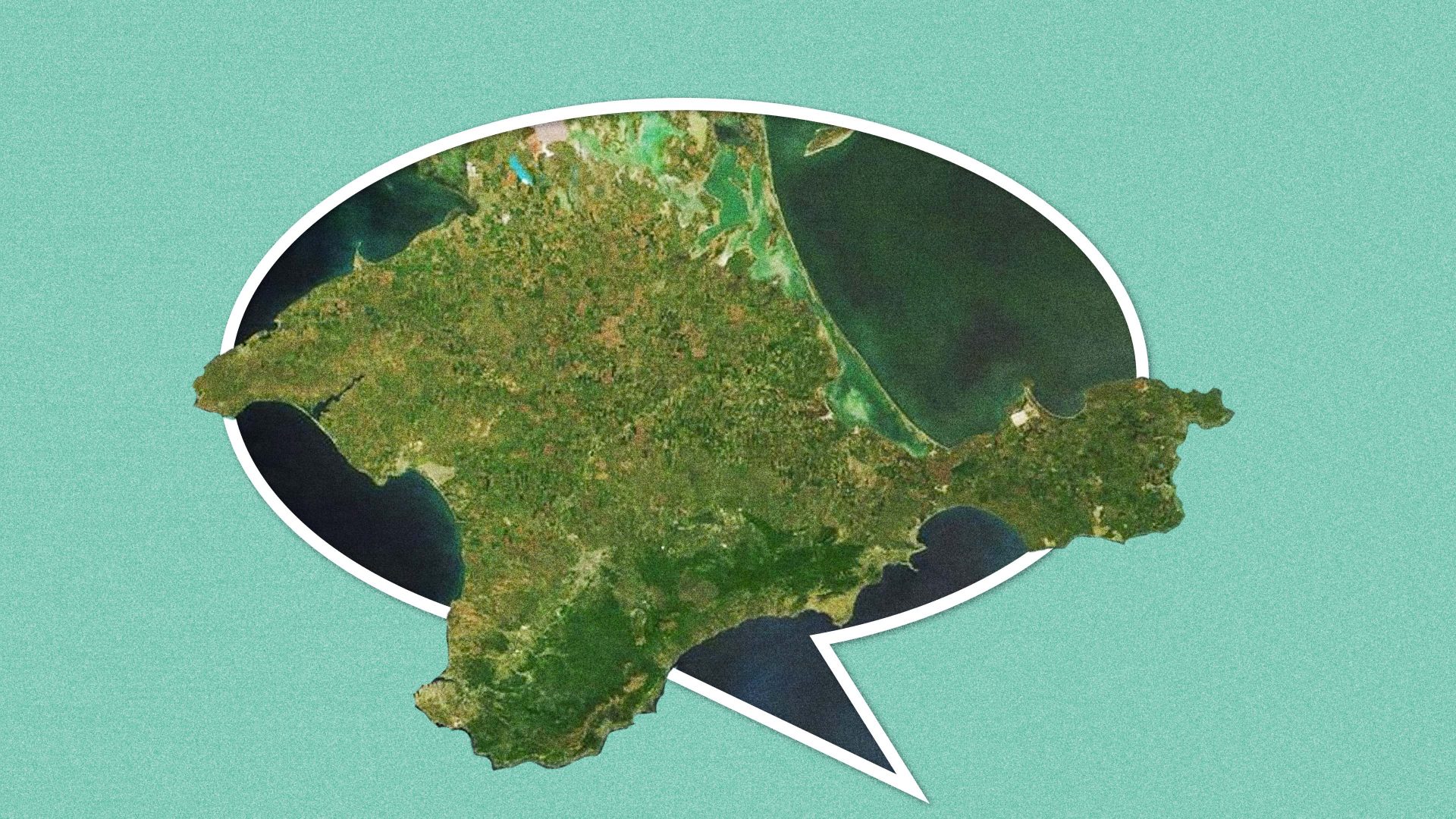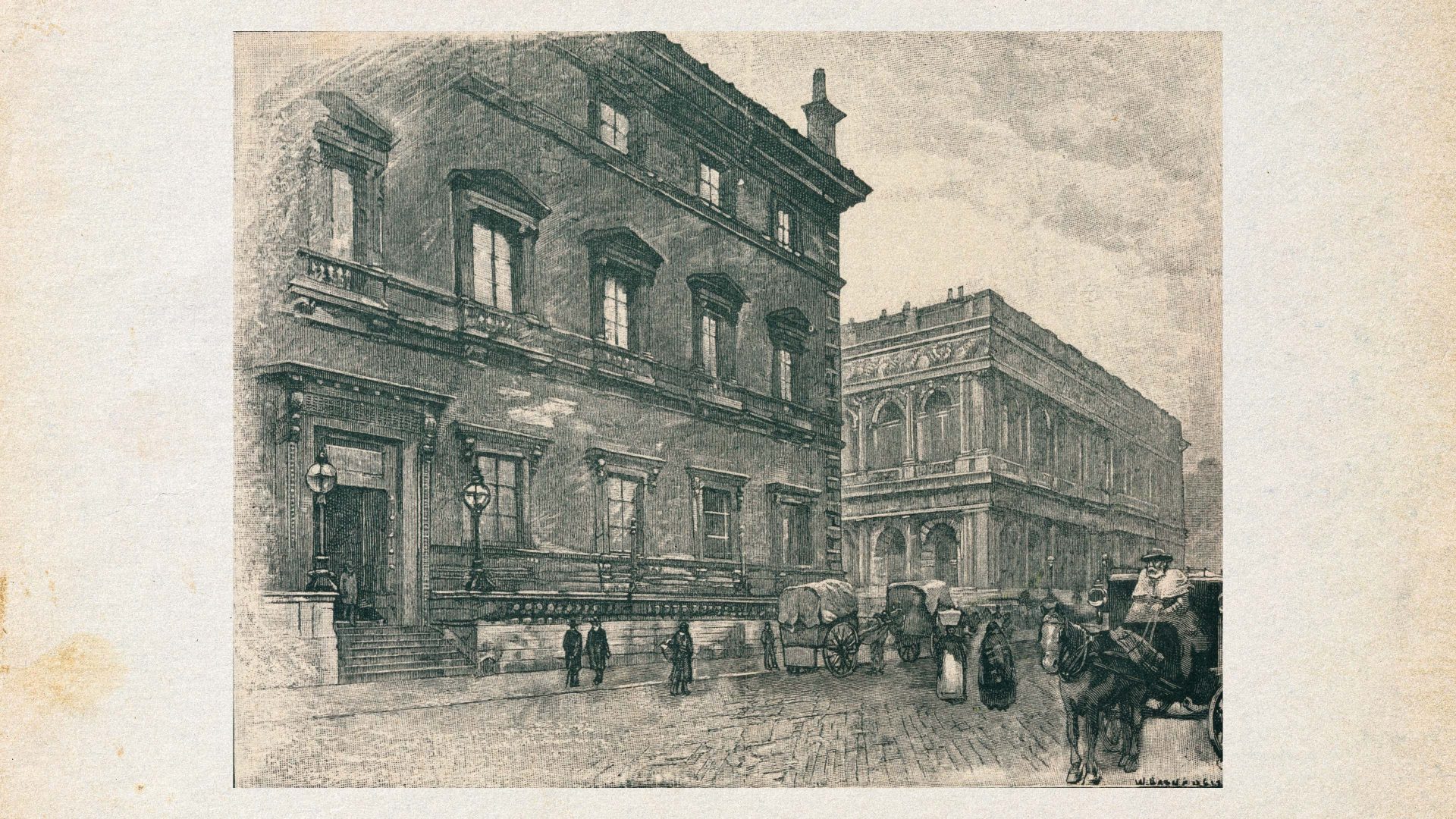They came on July 26 1936. It was her 11th birthday.
The Spanish civil war was not even two weeks old when armed men arrived to requisition the Barcelona umbrella factory owned and run by Facundo Matute Torres. Smoke from the burning church nearby drifted across the forecourt as militants milled around, shouting and firing their guns into the air. Ana María Matute watched from a window as her father, hands raised at shoulder height in a gesture that was part placation, part surrender, attempted to reason with one of the men before dipping his head and backing away into the lines of frightened workers when he found himself looking down the barrel of a gun.
Ana María Matute should have been commencing the gentle transition to adolescence but in the course of that single hot summer afternoon, she was wrenched from the innocence of childhood and dumped into a world defined by some of the worst cruelties adults could devise.
For the next three years, she saw and experienced things to which no child should be exposed: violence, murder, betrayal, communities riven by a war that pitted neighbour against neighbour.
“You know how horrible it is to be 11, going from being a little middle-class girl to finding yourself in a world divided,” she said in 2010. “Of my childhood, I only remember that the world had turned upside down, that for the first time I saw death face to face in all its devastating magnitude. Not condensed in a few euphemistic words like ‘grandpa has left us and will not return’, but through seeing, in a field, a murdered man.”
This sense of innocence lost, of childhood erased by vicious national trauma, would inform the string of novels and stories she produced in a writing career that made Matute one of Spain’s most widely-feted authors, winning every significant national literary award and being mentioned frequently as a contender for the Nobel Prize.
“There is no such thing as good or bad children,” she wrote, “there are just children, nothing more.”
She called them the “dazed generation”, those like her whose formative years were defined by the civil war and had their minds filled with “the palette of a mad painter” as she described it in her 1956 short story collection The Good Children, a legacy portrayed to devastating effect in novels like The Dead Sons, The Island and Soldiers Cry By Night.
“To my mind, our mindset was conditioned and stimulated more by the postwar period than by the war itself,” she said. “The “dazed children” grew up into discontented adolescents who rebelled against all forms of mysticism and myth and refused to identify with a world governed by rewards and punishment, by good and bad men.”
She kept a relic of the childhood innocence she’d barely known. The protagonist of her 1960 novel The Island (also published in English as The School of the Sun) is María, a girl like her creator and namesake who came of age during the civil war in a small town on Mallorca, a doll named Gorogo her only confidante. As she grows into adolescence against a backdrop of war, Gorogo is gradually left behind.
Yet in 2010, receiving Spain’s prestigious Cervantes Prize from King Juan Carlos at the age of 85, she revealed in her speech that she still had her own Gorogo, a doll given to her when she was five years old by her father on returning from a business trip to London.
“Gorogo, you are here, my finest creation,” she said, “you are by my side, old friend, on this unforgettable day, with your right eye cloudy, like mine.”
Even if the war had not intervened, Matute would still have had a more traumatised childhood than most. She suffered from a chronic kidney issue that saw long periods of hospitalisation at the ages of four, eight and nine that resulted in months of convalescence at the home of her grandparents in the mountains of La Rioja. Isolated for long periods, her imagination became her world, from which she began composing stories as soon as she could write.
Matute also had the classic writer’s feeling of being an outsider. As well as the hospital stays and periods of recovery, the rest of her childhood was spent moving between Barcelona and a religious school in Madrid, triggering a struggle to belong wherever she was.
“I was a Catalan in Madrid and a Castilian in Barcelona,” she said.
She also had a difficult relationship with her mother, who was cold, strict and constantly discouraged her writing. Yet on the day of Matute’s wedding, her mother presented her with a box packed with the stories she’d written as a child. “I never suspected that she kept that, never,” Matute recalled. “I always thought those stories had been lost or destroyed.”
Her first published story was The Boy Next Door, handwritten in a school exercise book, in 1942 at the age of 17. Her first novel The Abel Family appeared in 1948 and was immediately shortlisted for the prestigious Premio Natal award, practically guaranteeing Matute a successful literary career.
There followed a string of widely acclaimed novels for adults and children throughout the 1950s and 1960s, despite consistently falling foul of Franco’s censors – “they called me irreverent, immoral, they twisted everything,” she said in 2011 – but a serious bout of depression in the early 1970s, exacerbated by her first husband being awarded custody of their children after the breakdown of their marriage, stilled her pen for two decades until she returned in 1996 with a widely praised trilogy of medieval fantasy stories. The same year she was elected to the Royal Spanish Academy, becoming only the third woman member in its 300 year history.
For all life threw at her and for all the traumatic legacy of a childhood blighted by trauma, Matute never lost the last sliver of an innocence battered irreparably by events outside her control. It helped her to maintain her childlike curiosity about the world and a desire to capture the wonders it contained.
The vivid imagination forged by her long periods alone, and the fairy tales and classic children’s stories read to her during her long hospital stays by her father, was honed and hardened by what she witnessed during the Spanish civil war, the smoke from the burning church in her nostrils and the vision of her father at the end of a gun barrel only the start of an unimaginable assault on childhood innocence.
Yet all this inspired some of the greatest stories in the history of Spanish literature. Franco couldn’t stifle them, his censors couldn’t stifle them. The “dazed generation” grew to see the world more clearly than anyone and Ana María Matute gave them their voice. Because she had to. Because her life depended on it.
“If St John said ‘He who does not love is dead’,” she mused, “I allow myself to say ‘he who does not create does not live’.”




